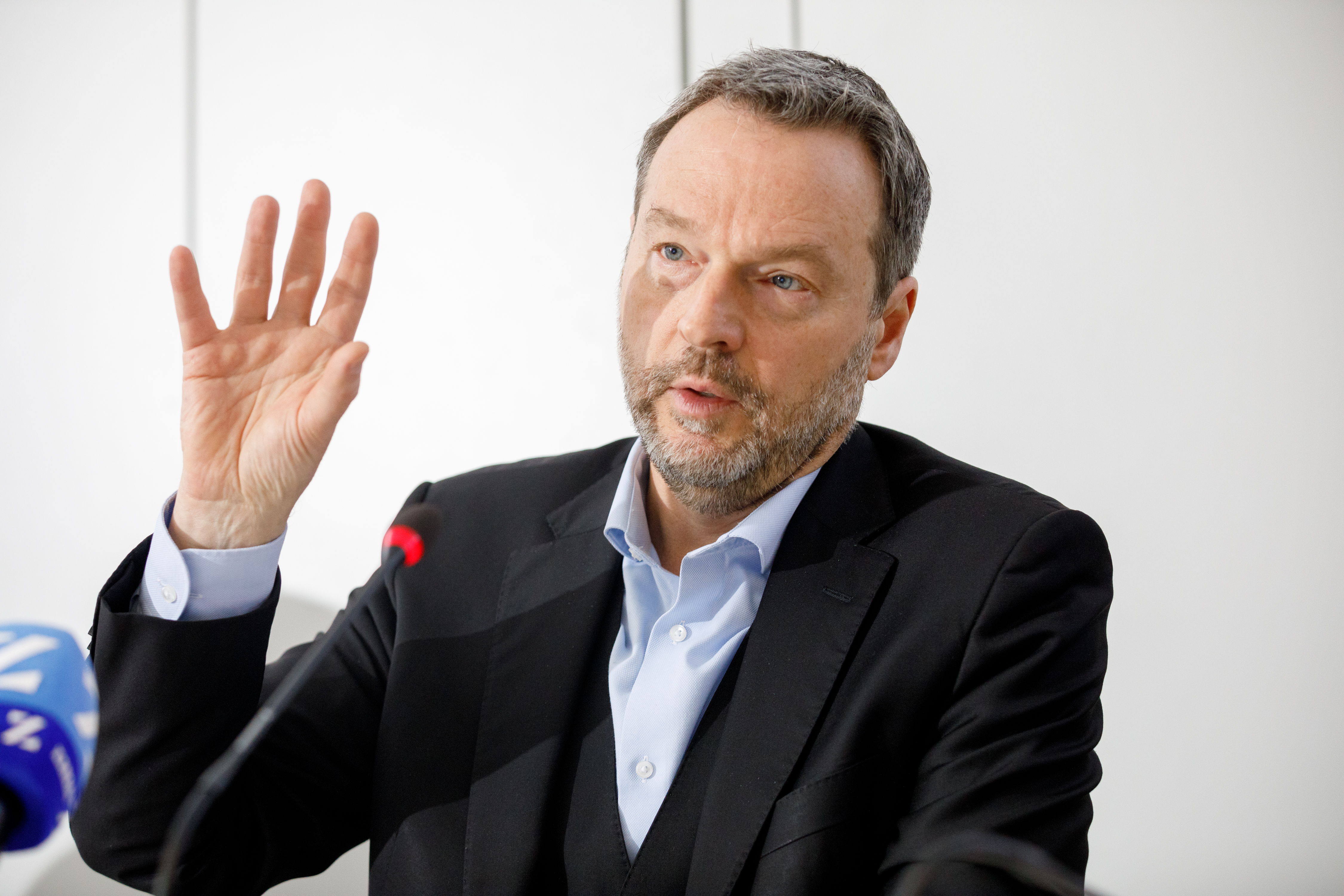2024 economic overview by National Bank of Belgium: Coalition agreement and challenges

The coalition agreement of the federal De Wever government includes "a number of relatively ambitious objectives," according to National Bank (NBB) Governor Pierre Wunsch. Speaking at the presentation of the bank's annual report, he noted some movement on structural reforms, particularly in the labour market and pensions. However, he cautioned that reaching an 80 per cent employment rate by 2030 remains "very uncertain."
Wunsch said that the complete data is not yet available, making firm conclusions difficult. While the budget deficit is expected to decrease, he warned, "I fear that it will remain a problem in the coming years." In 2024, the deficit rose to 4.6 per cent of GDP, driven by increasing social expenditure. "Unfortunately, that was in line with our expectations. We have a structural problem, with a faster increase in government expenditure than in growth."
The NBB projects that Belgium’s social spending will continue rising faster than in neighbouring countries, with ageing-related costs increasing more sharply. Government debt also climbed to 104.4 per cent of GDP, making Belgium vulnerable to a loss of confidence, the bank cautioned.
National Bank (BNB-NBB) governor Pierre Wunsch © BELGA PHOTO HATIM KAGHAT
Related articles:

